Amino acids are the building blocks of proteins—the “bricks” that build your entire body: organs, bones, hormones, skin, hair, nails, etc. If you imagine yourself as a brick house, the busier you are (i.e., long work days, exercise, late nights, etc.), the more bricks you wear out and thus the more you need to replace.
Your body can make most of the 20 amino acids from its own internal machinery, except for the essential amino acids, which must be obtained from the food you eat. However, the rules of the game change under one particular circumstance… stress!
There is a group of amino acids called conditionally essential; under times of stress, they become essential. You’re probably wondering what qualifies as “times of stress”? In today’s 24/7 society of constant connectivity, fewer hours sleep, and nutrient-poor, calorically-dense Western diet, you could make a strong argument that we’re constantly in this state and thus would benefit from taking in more conditionally essential amino acids, especially one in particular called glutamine.
Can you spare 10 minutes a day? Then you can do this 7-Day Paleo Weight Loss Bodyweight Workout Challenge!
Click here to get your FREE copy!
What Is Glutamine?
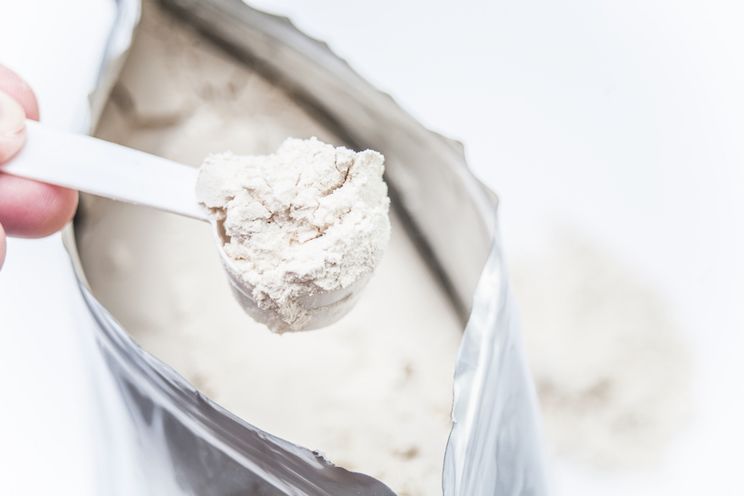
Glutamine is also a primary fuel for your gut and immune system, and it supports healthy brain function (one of the few amino acids that can cross the blood-brain barrier), helps to clear waste products like ammonia from the body, and accelerates healing from trauma or intense exercise.
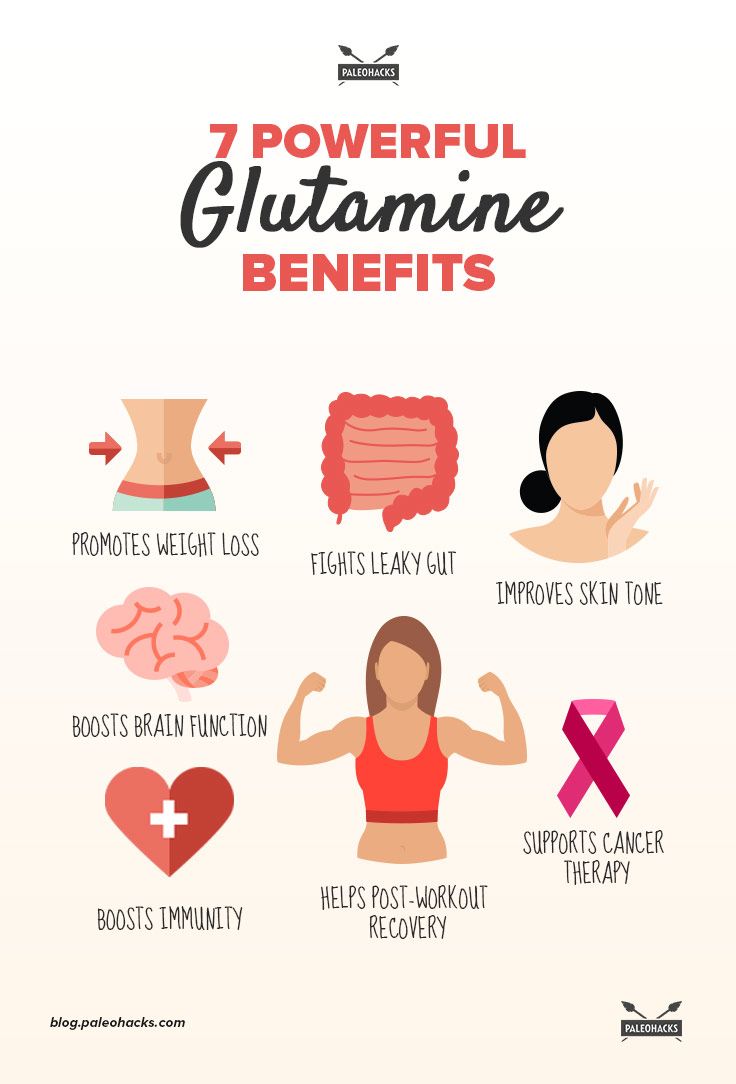
7 Glutamine Benefits
1. Promotes Weight Loss
If you’re stuck on a weight loss plateau, amino acids like glutamine can be very supportive for weight loss because they can be converted to glucose in the kidneys and used as a fuel source for the body, without the blood sugar and insulin spike typically caused by processed carbs and simple sugars. (1) Glutamine can help you lose weight by converting stored glucose to an immediate fuel source.
2. Fights Leaky Gut
Sugar consumption is ubiquitous in our environment today, and, combined with stress and lack of sleep, can easily lead to dysbiosis or too much “bad” bacteria in the gut. This is very common today and when it persists, it can lead to chronic inflammation and damage to the lining of your intestinal tract. This damage can result in a leaky gut, where food particles are able to pass through your gut wall (when normally they shouldn’t be able to), which in turn leads to food allergies and increased risk of autoimmune reactions. (2) Glutamine is one of the primary fuels for your gut cells, thus helping to maintain the integrity of the gut wall and prevent leaky gut.
3. Improves Skin Tone
Keeping your glutamine intake sufficient is crucial for keeping your skin firm and supple. If you don’t eat enough protein, your body breaks down muscle to tap into your body stores, leading to the loss of protein, thinning muscles and skin potentially sagging more easily. (3) Animal protein is the best source of essential and conditionally essential amino acids, making the Paleo diet a great platform for meeting your requirements.
4. Boosts Brain Function
If you’re run down, not sleeping well or generally exhausted from too many late nights, you’re likely experiencing some brain fog. When your brain has a deficiency in glutamic acid (precursor for glutamine), you cannot produce adequate amounts of GABA (gamma-amino butyric acid), the body’s natural “relax” neurotransmitter. This can lead to increased tension, brain fog, anxiety, or sleep disorders. (4) By topping up your glutamine intake, you provide your body the building blocks for GABA and better brain function.
5. Helps Post-Workout Recovery
Exercise is a stressor, so you would think that the addition of conditionally essential amino acids like glutamine would enhance athletic performance. While many websites will cite studies that claim there is a benefit from glutamine supplementation and performance, the overall data don’t support this claim. Try supplementing with glutamine right after a workout to help you bounce back quicker.
However, there is some good evidence that added glutamine increases glycogen resynthesis after exhaustive exercise, which means adding it would be a nice addition to your post-training shake if you’re following a keto or low-carb diet. (5)
6. Boosts Immunity
Glutamine does indeed support improved immunity during times of stress, but the therapeutic dose you need to consume is quite high: 20g per day for a sustained period of time (i.e., weeks). (6) This could be divided up into 5g doses throughout the day. Before jumping into a plan like this, talk to your doctor or naturopath.
7. Supports Cancer Therapy
Cancer therapy, while essential for eliminating cancerous cells in the body, is intense and takes its toll on the patient’s overall health. Supplemental glutamine has been shown to be an effective adjunct treatment, supporting the patient’s metabolism while not increasing tumor growth. (7) It can therefore be considered, with the agreement of your doctor, as a support for patients going through radiation or chemo.
How Can You Get Enough Glutamine?
Glutamine is naturally found in abundance in animal protein. Paleo diet staples like grass-fed beef, wild game, pastured eggs and poultry, wild fish, seafood, and organ meats are all phenomenal sources of glutamine.
Leafy greens, such as spinach, cabbage, parsley, kale, beets, are also a nice source of glutamine. The tricky part is you’ll maximize your intake by eating these vegetables raw, so including these veggies in salads, juicing, or adding into smoothies is your best bet.
Natural Sources of Glutamine
- Grass-fed beef
- Wild game
- Pastured eggs and poultry
- Wild fish
- Organ meats
- Leafy greens, i.e., spinach, cabbage, kale
You can also supplement with glutamine to increase your daily intake. While it’s important to remember that glutamine is made inside your body, if you’re under stress (i.e., really busy, training hard, not sleeping well, sick, etc.), glutamine becomes essential, so adding more into your diet can be highly beneficial. All of the benefits listed above are the result of supplementing with the natural form of the amino acid (called L-glutamine).
Glutamine Powder
Supplemental glutamine is relatively inexpensive and tasteless, which means it’s quite easy to add into your nutrition arsenal. I typically suggest that my clients add 5g daily in their breakfast smoothie, mixed into water while they eat breakfast, or added into afternoon tea or before bed.
Add glutamine powder into your breakfast smoothie or add it to your tea before bed.
If you have a more long-standing complaint of low immunity, digestive problems, inability to recover from exercise, then it’s possible to increase your daily dose to 0.2 grams per kilogram body weight. However, I suggest you work with a functional doctor or naturopath in your area to discuss this in greater depth.
Bottom Line
If you feel like you’re constantly sick, struggling with chronic gut problems or just feel rundown, then getting the right amount of amino acids—the building blocks of your body—is critical to getting your health on track. Today, if you’re like most people, you’re busy and constantly on the run, making amino acids like glutamine really important to keep your immune system strong, digestive system healthy and overall resiliency robust. For many, it’s a great addition in the winter months to increase your resiliency so you can keep up with the pace at work and play.
(Read This Next: Collagen: Benefits & How to Cook, Bake and Drink It)


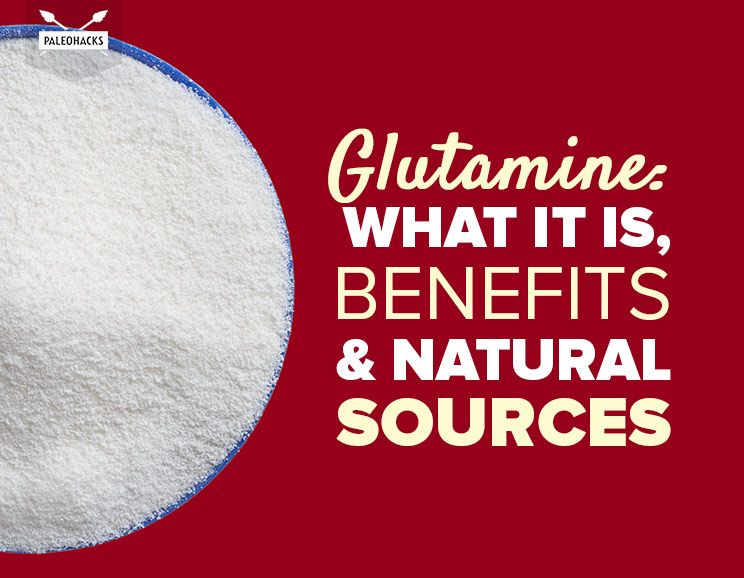
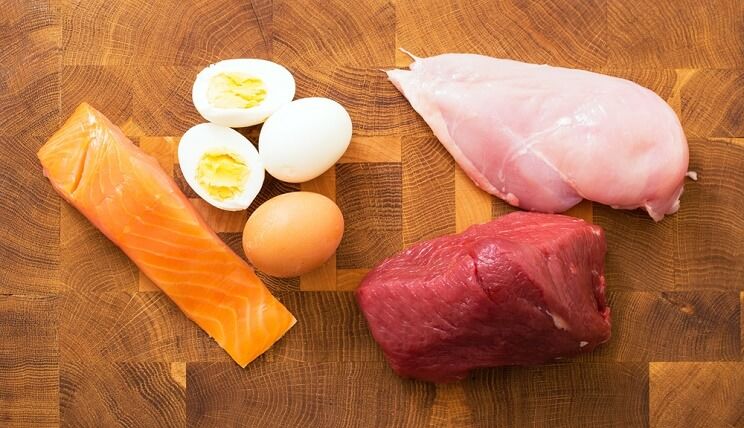
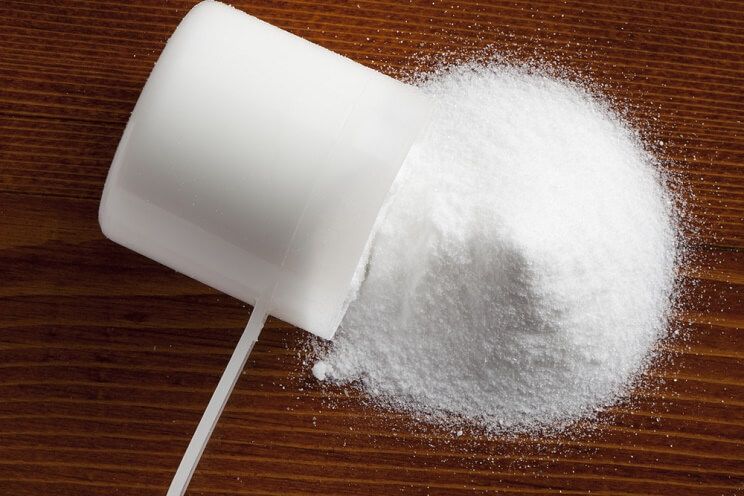
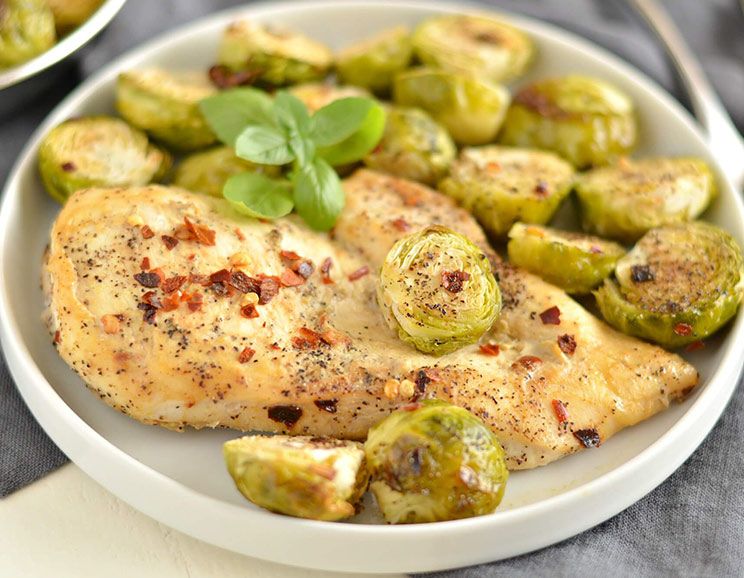 One-Pan Maple Dijon Chicken & Brussels Sprouts
One-Pan Maple Dijon Chicken & Brussels Sprouts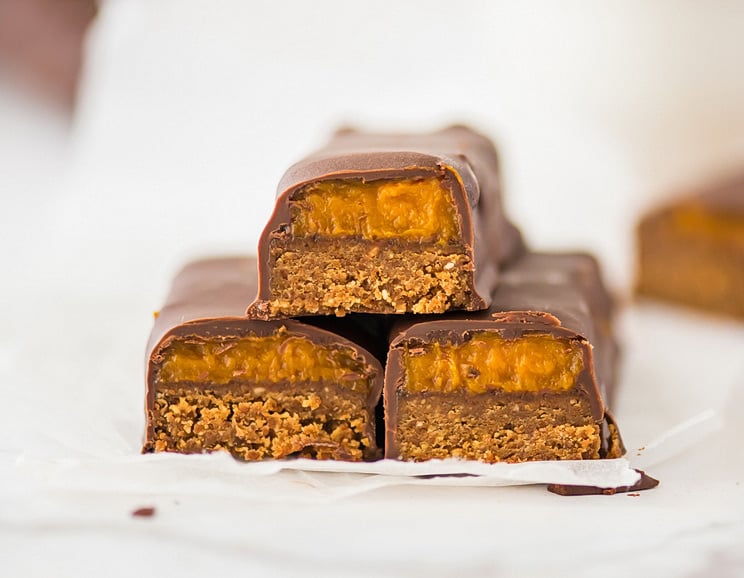
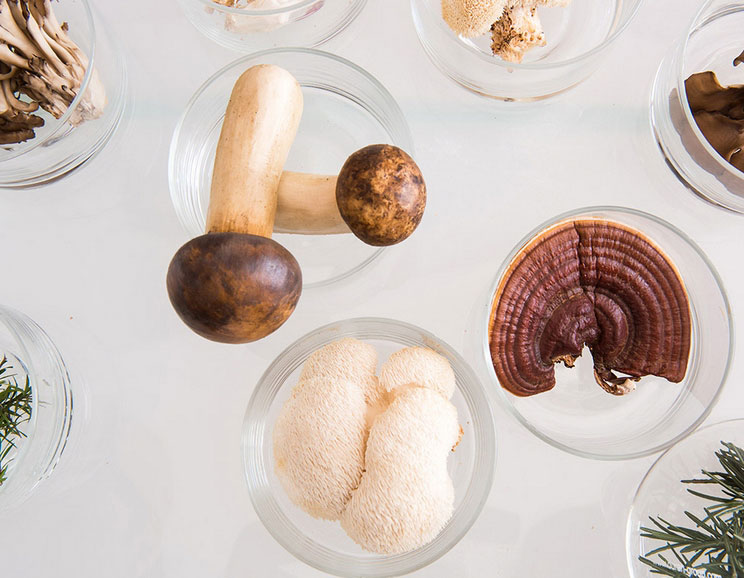

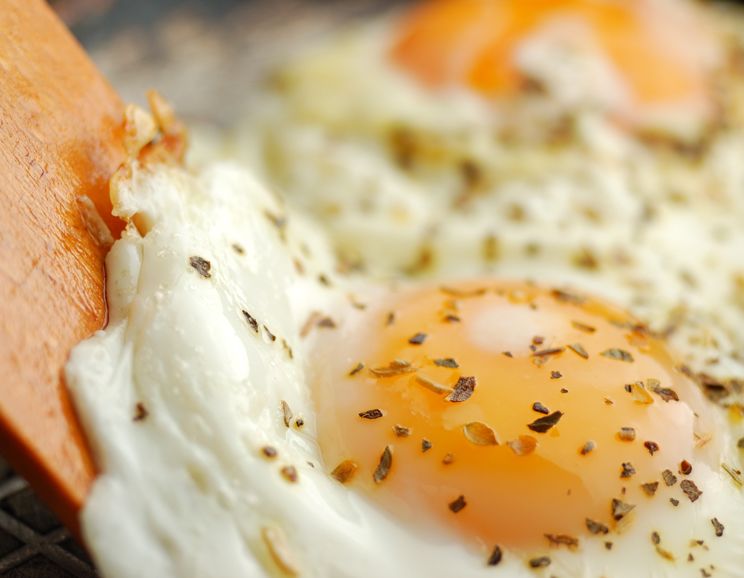

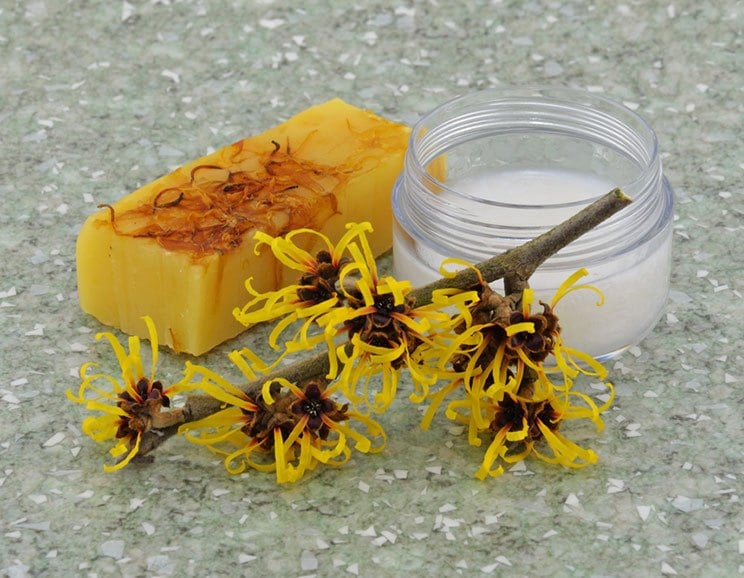
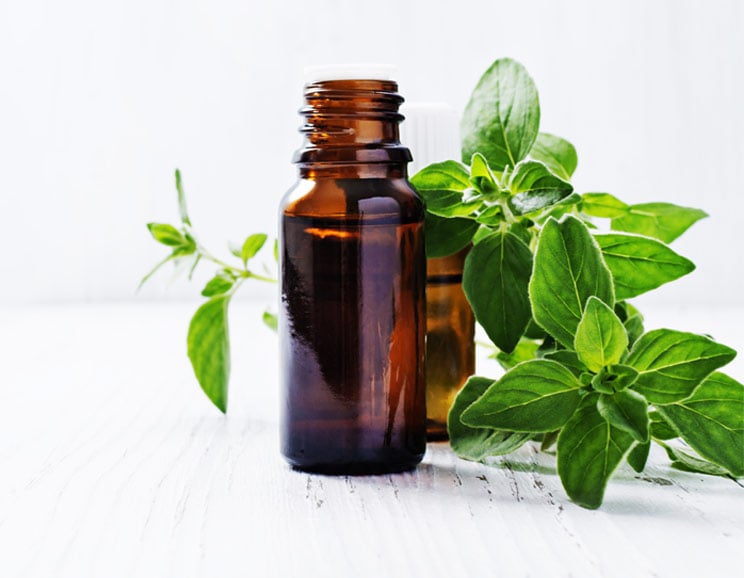
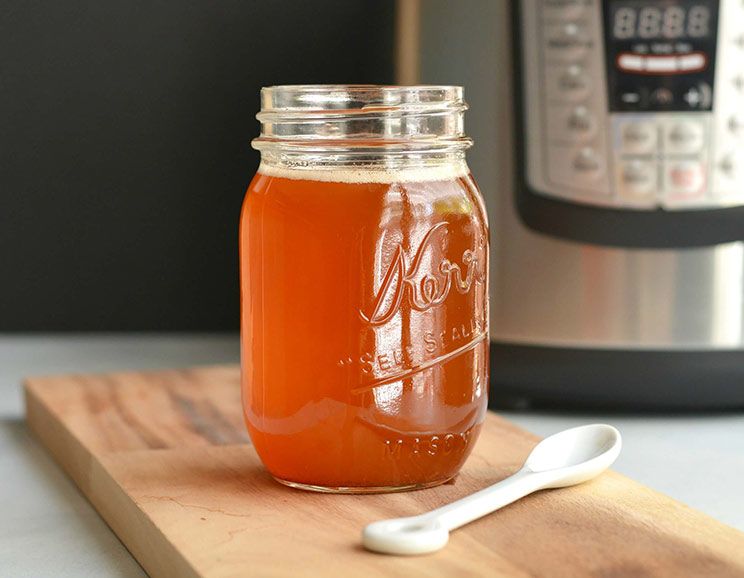
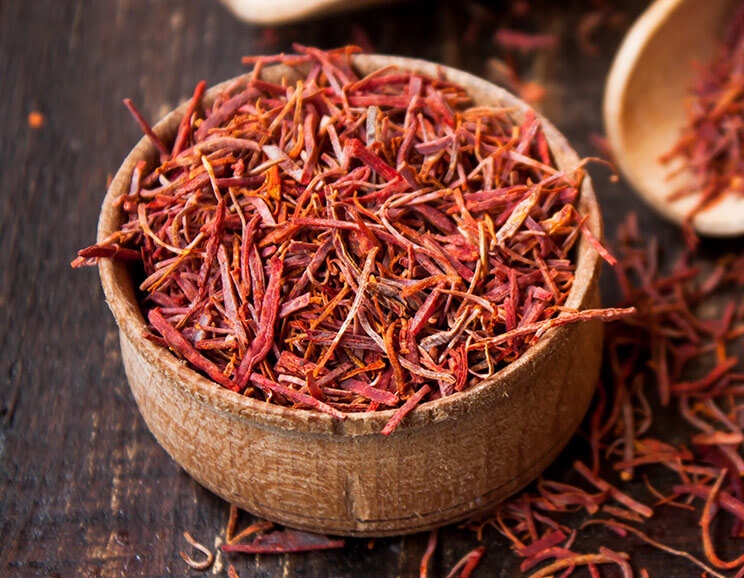

Show Comments